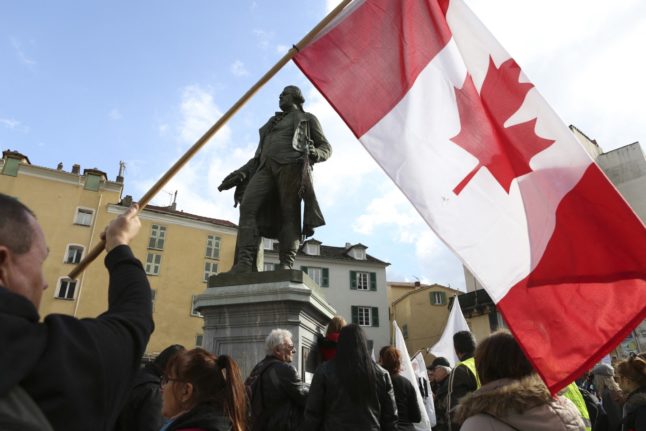Point one
First things first: don’t worry if you don’t have one, or even if you don’t know what it is. Not having a Livret de Famille is not a barrier to completing an administrative task. Even in France.
When will I need one?
If you have children, it’s almost inevitable that you will be asked for one when you register them at a new school. And it’s also useful for a range of other administrative tasks, especially those involving offspring.
So what is it?
A Livret de Famille is nothing more or less than a booklet of vital records, proving a family’s make-up, parental and sibling relationships, that sort of thing.
Mixed families, with parents who have children from previous relationships, will have multiple Livrets de Familles, at which point things can get slightly confusing, administratively.
When a couple marry, that is the first entry into a new French Livret de Famille, which is given to the new couple on their marriage as an administrative symbol a new family. Otherwise, it will be delivered on the birth of an unmarried couple’s first child.
It is then the responsibility of the family to maintain their Livret de Famille, by updating these records when any life events – for example, marriage, birth, adoption, divorce, death – take place.
It is worth noting that several other countries – including EU neighbours Spain and Germany- have something similar.
So, how do I get one?
You have to be French. Or have children with a French person – in which case the Livret is provided on the birth of the first child (note: non-French couples do not receive a Livret on the birth of a first child in France). Or marry in France. If you tie the knot here, you will be presented with your Livret at the end of the ceremony.
What?! But what about all those administration tasks?
Relax. Remember point one.
Despite its grand name, and its apparent importance in day-to-day administrative life, a Livret de Famille is just a booklet of documents. You can make up your own. You need:
- Birth certificates – all of them; parents and any children in your household;
- Marriage certificate, where applicable;
- Divorce certificate(s), where applicable;
- Proof of ID – your passport, or titre de séjour if you have one.
Be aware, you may need to have some documentation translated into French for certain administrative tasks, including renewing any visa.
Keep them together, keep them safe, and they’ll work well enough whenever you’re asked for your Livret de Famille.



 Please whitelist us to continue reading.
Please whitelist us to continue reading.
Member comments